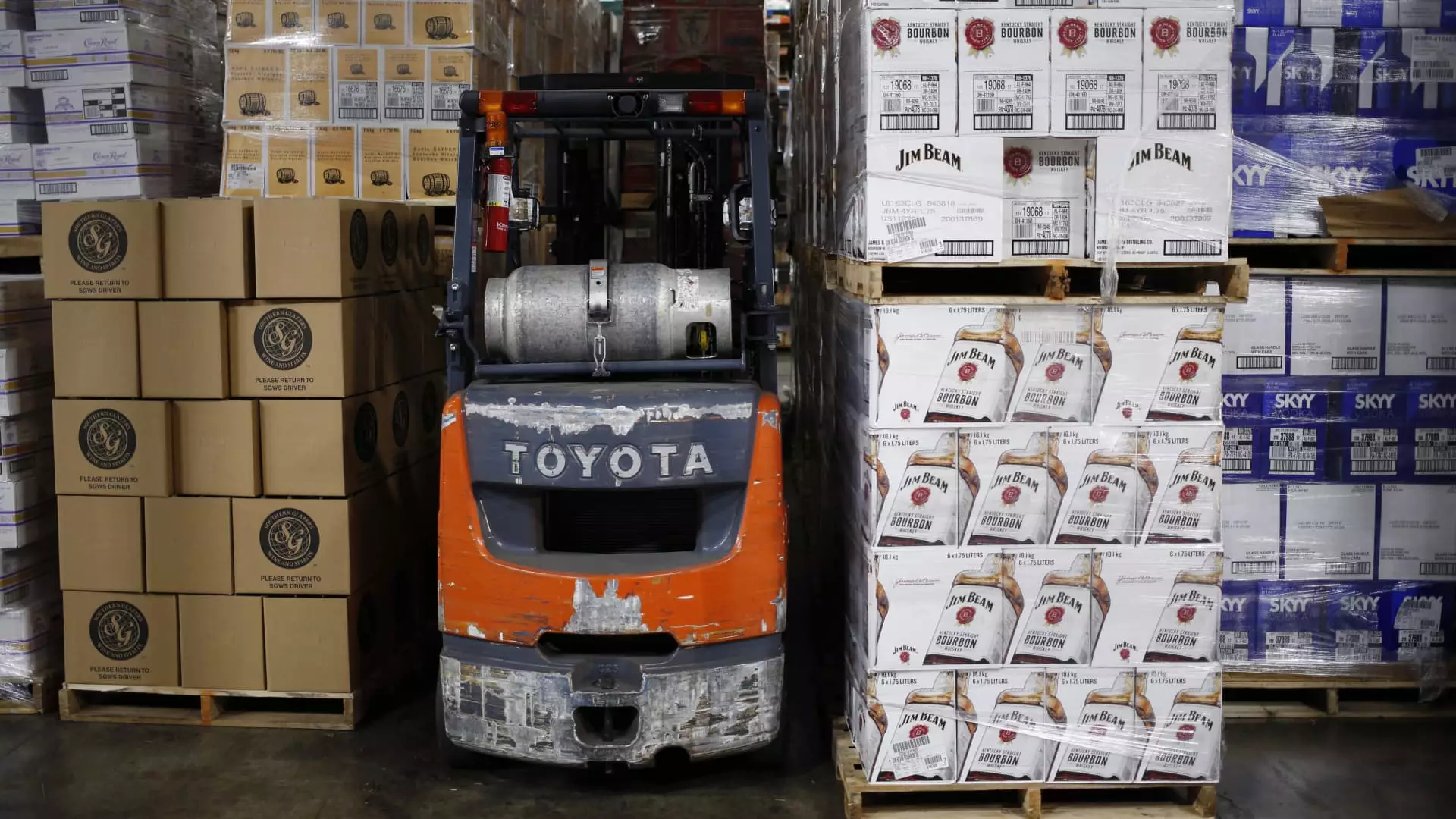In a significant legal move aimed at addressing unfair market practices, the Federal Trade Commission (FTC) has launched a lawsuit against Southern Glazer’s Wine and Spirits, the largest distributor of wine and spirits in the United States. The suitcase centers around allegations of illegal price discrimination that allegedly favor large retail chains, such as Costco and Kroger, at the expense of smaller, independent businesses. Such claims are serious and could have far-reaching implications not just for Southern Glazer but for the competitive landscape of the liquor distribution market as a whole.
The crux of the complaint is the assertion that Southern Glazer has been providing substantial discounts and rebates to larger retailers while marginalizing smaller enterprises. According to the FTC, this selective pricing strategy infringes upon the Robinson-Patman Act, which is designed to protect smaller businesses from predatory pricing tactics deployed by larger competitors. By allegedly giving “steep discounts” to certain retailers without sufficient market justification, Southern Glazer is accused of distorting fair competition, thus creating an uneven playing field.
The implications of such practices are profound, particularly for neighborhood grocery stores, convenience shops, and independent liquor outlets. According to FTC Chair Lina Khan, these pricing strategies hinder the ability of smaller retailers to compete effectively. When local businesses cannot access competitive pricing, consumers face fewer choices in the marketplace, potentially leading to higher prices overall.
This state of affairs highlights a critical concern: the sustainability of small businesses in an economy increasingly dominated by large retail chains. As local shops struggle to compete, not only do they lose sales, but the very essence of local commerce—diversity and choice—gets eroded. The FTC’s action is not merely about standing up for small businesses; it embodies a larger fight to preserve the characteristics of a vibrant marketplace where all entities, regardless of size, can thrive.
Filed in the U.S. District Court for the Central District of California, this lawsuit results from grievances that have reportedly persisted since at least 2018. Southern Glazer’s stature as the tenth largest privately held company in the U.S., with projected revenues of $26 billion from retail sales in 2023, only amplifies the significance of the case. By serving major brands like Bacardi, Diageo, and Pernod Ricard, the distribution giant’s practices could have wider repercussions on supply chain dynamics and brand availability.
As the lawsuit unfolds, the industry will be watching closely. Should the FTC succeed in proving its case, it could set a precedent that reshapes distribution practices across various sectors. The potential cooling of aggressive competition tactics by big players may lend a much-needed lifeline to struggling local businesses, fostering a more equitable playing field for entrepreneurs.
The lawsuit against Southern Glazer’s Wine and Spirits represents a crucial moment in the fight for fair competition in the marketplace. By challenging established power dynamics, the FTC is not just advocating for small businesses; it is defending the ideals of consumer choice and economic equity in modern commerce. The outcome of this case will likely influence market practices for years to come, serving as a reminder of the importance of regulatory oversight in preserving a healthy economic environment.

